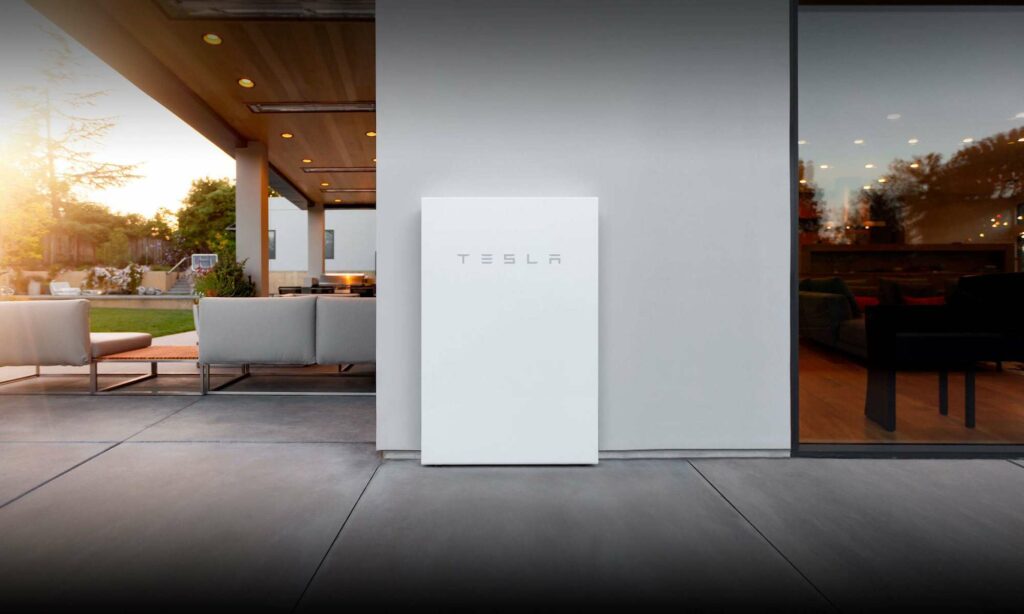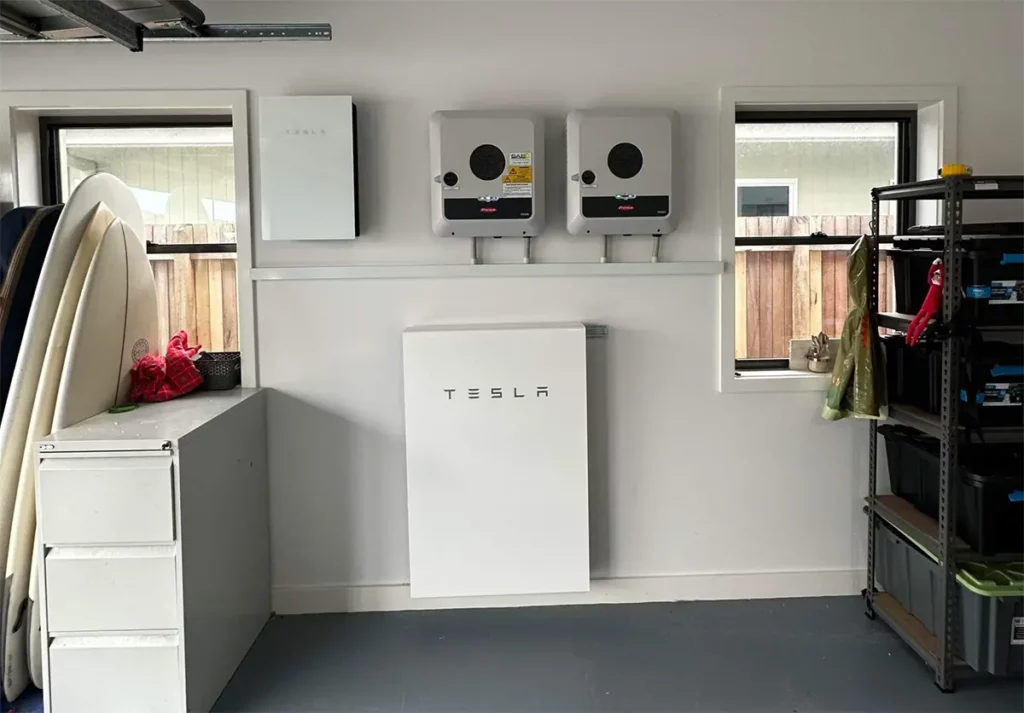Clean Energy Strategy Makes Rooftop Solar Panels Mandatory in Dubai By 2030
Home » Clean Energy Strategy Makes Rooftop Solar Panels Mandatory in Dubai By 2030
Dubai, despite having the second-largest oil reserves in the world have just announced a clean energy strategy which will make rooftop solar panels mandatory for all buildings beginning in 2030.
Sheikh Mohammed bin Rashid, Vice President and Ruler of Dubai said the aim of the clean energy strategy is to provide 75 per cent of the emirate’s energy through clean energy sources by 2050, reflecting a commitment to establish a sustainable model in energy conservation which can be exported to the whole world, and support economic growth without damaging the environment and natural resources.
“Our goal is to become the city with the least carbon footprint in the world by 2050,” Sheikh Mohammed said.
“Every investment in the development of clean energy sources is at the same time an investment to protect the environment for future generations, he added.
“It is an effort to build our sustainable economic sectors which do not depend on non-renewable energy resources and are unaffected by volatile energy prices.
“Through this strategy, which is based on innovation, research and development, we aim to explore the future of the energy sector to unveil initiatives that will make use of the scientific and technological developments in this sector and take the lead in their development and application.”
His Highness asserted that the UAE is keen to become a global reference platform in sustainability practices by transforming concepts into real applications. Sheikh Mohammed called on international companies and R&D centres to make Dubai a base for testing and applying the next generation of clean energy technologies to create a global model that can benefit the world.
New Dubai Building Use Rooftop Solar PanelsThe authorities plan to establish a 100 billion dirham ($27 billion USD) fund to provide low-cost loans for investors in Dubai’s clean energy sector.It also intends to create a tax-free business zone to attract clean energy companies from around the world, Sheikh Mohammed said. It has used similar zones to lure foreign investment in banking, commodities trading and other industries.







